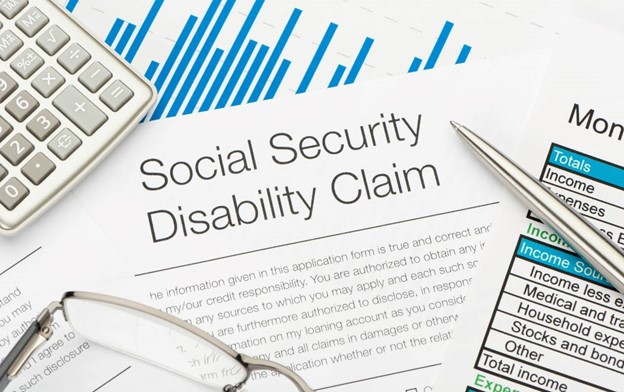Can You Lose Your SSDI Benefits After You Qualify?
If you suffer from a long-term disability or injury, SSDI benefits are a lifeline to help you manage your monthly finances. However, is it possible to lose them once you qualify? While most applicants should be fine after being accepted, there are a few instances where the SSA may revoke your benefits. Learn everything you need to know about these situations and how they can affect you.
How Often Does The SSA Review Your Disability Case?
Even though you qualified for SSDI payments, it doesn’t mean you’re off the hook with the SSA. Most recipients must go through a Continuing Disability Review (CDR). During this process, the SSA evaluates your health condition and determines your eligibility. However, how often you’ll need to do one depends on how severe it is:
- Expected to improve: If the SSA initially believes you have a high chance of recovering from your illness, you’ll need to have a CDR every six to 18 months.
- Possible improvement: If there’s a chance of progress, the SSA will review your case every three years.
- Permanent: Reviews occur roughly every seven years for severe cases with little chance of progress.
You need to be prepared for these reviews. The SSA will want to have a detailed understanding of your condition, especially if your health improves and you regain the ability to work.
Reasons Why You May Be Cut Off From SSDI Benefits
From financial changes to imprisonment, there are a few critical situations where the SSA may decide to revoke your SSDI benefits:
Your Condition Improves
Unless you have a permanent disability or injury, most people will naturally recover and show signs of health improvements. If the SSA finds that you’ve healed to the point where you can find employment, they may cut you off from your benefits. For instance, if you received SSDI benefits after a car accident and completely recovered after rehabilitative therapy, the SSA may reassess your eligibility.
You Go To Prison Or Another Institution
Legal troubles can negatively impact your SSDI benefits. If you go to prison or another correctional facility, your SSDI benefits will be suspended if you serve over 30 days. Even if this move may seem like a punishment, the SSA does this because, in their mind, the government is already paying for your incarceration. But once you’re released, the SSA may sometimes reactivate your benefits depending on the case.
Returning to Work
While SSDI is to support those who can’t work, you’re encouraged to find employment as you recover from your injuries. However, you need to earn below the Substantial Gainful Activity (SGA) limit determined by the SSA if you don’t want to put your benefits at risk. That said, provisions like trial work periods allow you to work without instantly losing their benefits, ensuring a smooth transition.
You’ve Reached Retirement Age
When you’re at the age of retirement leads to a transition in the category of benefits you receive. Your SSDI benefits evolve into Social Security retirement benefits. However, the amount you receive typically remains consistent, so you won’t experience significant changes.
Speak To Our Lawyers Today
While there are plenty of potential scenarios where your SSDI benefits could be in jeopardy, every situation is unique. If you believe your benefits are at risk or have been unjustly revoked, you must speak with an attorney who can answer your questions. Our experienced New York social security disability lawyers understand the legal process and will fight to help you win the compensation you deserve. Please contact us or call 855-813-3344 to schedule a free consultation today.


